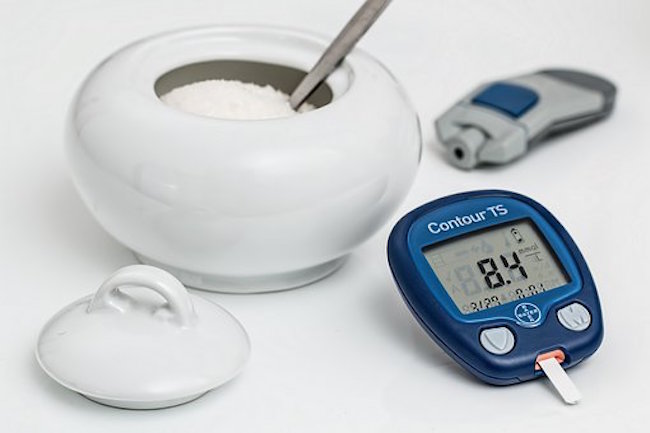Statins Double Diabetes Rates by Dr. Joseph Mercola
Cholesterol lowering medications have a long history of side effects and adverse events. Research finds your risk of diabetes may double, or even triple, with long-term use.
STORY AT-A-GLANCE
- While past research has indicated statins increase your risk of diabetes, data demonstrate they double your risk of Type 2 diabetes, and when taken for more than two years may even triple your risk
- Statins work by blocking a liver enzyme your body uses to make cholesterol; blocking this enzyme triggers a depletion of CoQ10 and vitamin K2, both necessary for heart health and the prevention of some cancers. Your body makes cholesterol as it is necessary for the production of hormones and cell walls, and to produce substances to digest food
- While the relative risk reduction of a cardiovascular event with statin medications is between 20% and 25%, the absolute risk, or the actual difference in rates of coronary death is 2.3%
- Additional risks associated with statin medications include neurodegenerative diseases, musculoskeletal disorders, cataracts and heart disease; consider using natural approaches to improve your cardiovascular health
Statins are a type of medication prescribed to lower cholesterol levels. They work by blocking an enzyme in the liver your body uses to make cholesterol.1 Although vilified for many years as causing heart attacks and stroke,2 your body makes cholesterol as it is needed to produce hormones, build cell membranes and produce substances used to digest food.3
Cholesterol is found in foods from animals, such as dairy products and meats.4 Your body makes the fatty substance cholesterol, but it cannot travel in the bloodstream alone.5 The body encases small particles of cholesterol inside protein particles that are able to mix easily with the blood. These are called lipoproteins and they’re responsible for transporting cholesterol.6
One of the main types of lipoproteins is high-density lipoprotein (HDL), sometimes called the “good” cholesterol as its job is to collect cholesterol and deliver it to your liver where it’s removed.7
Low density lipoprotein (LDL) and very low-density lipoprotein (VLDL) are often referred to as “bad.”8 It’s important to remember that only 20% of the cholesterol in your body is acquired from the food you eat, while the rest is made by your body.9




